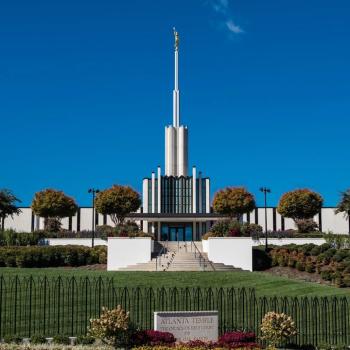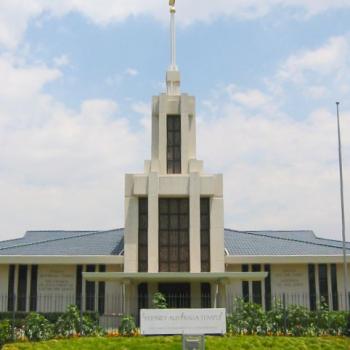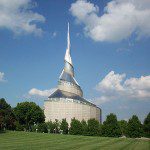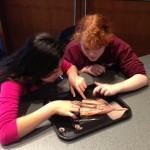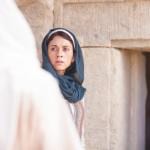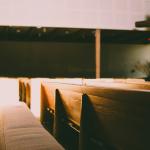Today, November 2, is known as Day of the Dead in Mexico. It coincides with the Catholic holiday, All Soul’s Day. It’s a day of celebration in Mexico and is celebrated by many Mexican Americans as well.
Last year, our boys went to a Spanish bilingual school. Each year, they celebrated Day of the Dead, and because I have a terrible memory, each year it caught me off guard.
Two years ago, I walked into Zach’s kindergarten room and was startled when I saw the agenda for the day. I went to talk to the teacher.
“I see you’re doing Day of the Dead today.”
“Oh, don’t worry Tara, it’s nothing religious.”
“Oh. Because I saw that you are going to make altars to your ancestors.”
“Oh yes, but it’s not religious.”
Where do I start in a response to that?
I loved this teacher, and she was wonderful with both of my boys. And she was bright, and hardworking, and kind. But her thought pattern here was hard to figure out. What did she mean by saying that building an altar is not religious? What definition of altar is devoid of a religious or spiritual association?
It reminded me of an exhibit about Vietnam at the Children’s Museum in Boston. At the one station in the exhibit, there were rocks and other items, and the kids were encouraged to “make an altar to your ancestors.”
I wondered at the time how we might respond if there were an exhibit on Italy and kids were encouraged to pray for relatives who may be in purgatory. Or an exhibit on Jerusalem and kids were encouraged to write prayers and put them in a Wailing Wall model. The thing is – we would all know that those encouragements would be inappropriate. Even if you don’t think they are inappropriate, can you imagine them in a museum?
I think the reason that we can encourage kids to build altars at an exhibit on Vietnam or for Day of the Dead is because we think, “Well, of course, it’s not religious. Everyone knows it’s just a superstition. Only ignorant people really believe this.” Or maybe, “We’re just pretending. It’s fun. No one would be offended if we were just playing. With their sacred beliefs.”
Which is patronizing at best. Racist at worst.
Don’t get me wrong. I don’t want them to stop celebrating religious holidays in school. The false pluralism where we pretend that everyone is the same is just as patronizing to those whose faith walks are important to them as is having those faiths turned into an arts and crafts project. I just wanted the school to send a note home, tell me what they were going to do, and give me the option of helping my kids process it or opt out of it if we couldn’t make some kind of accommodation. I wanted a “messy diversity,” where people bring the best of their thinking and traditions and celebrations to the table, where they celebrate what they have in common, and live with the discomfort and even pain of the places where they don’t.
But instead of fighting for that kind of diversity, I remained silent at the school and talked to the boys about it home. Now we have no diversity, and I’ve lost my chance to see how it might have worked.
————-
PS – Before everyone with a bone to pick against public schools uses the comment section to rant, let me say again that our school was wonderful in many, many ways. And the reasons we are homeschooling are not related to this incident. What I’d really love to hear back is whether people out there are part of schools or communities where they practice a “messy diversity.”


